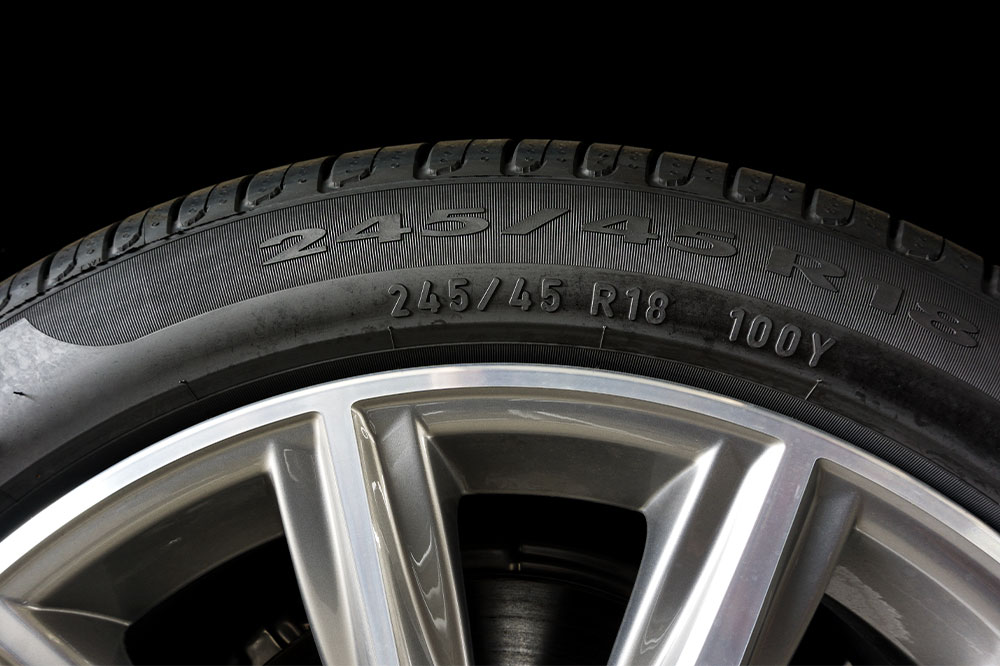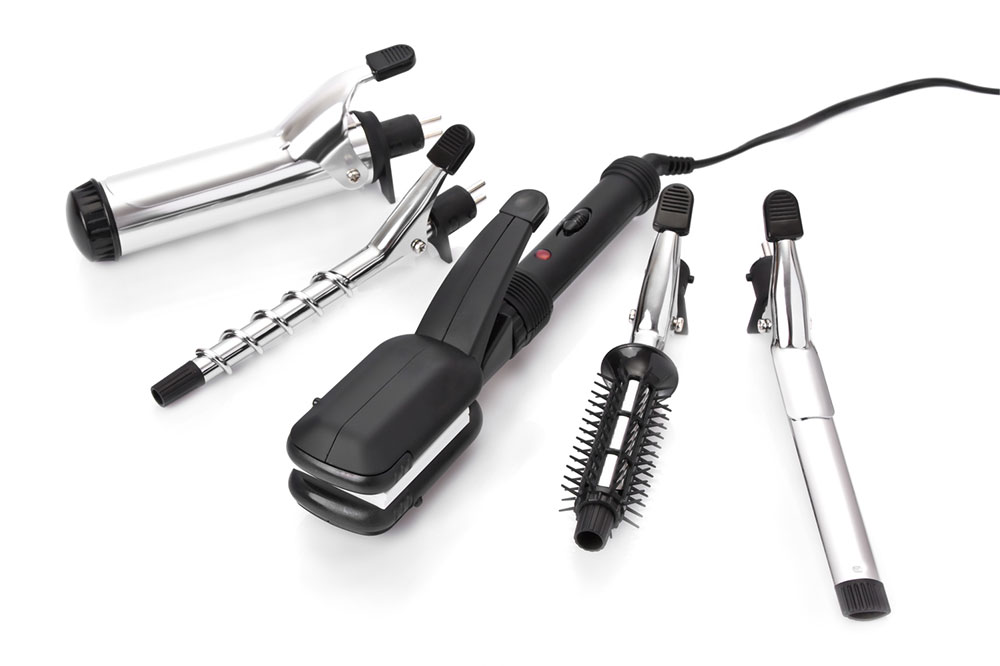Avoid these 7 mistakes when trying to get debt-free

Financial freedom and debt-free living are attainable goals. To achieve these goals, it’s important to manage one’s finances, savings, and especially debts wisely. Paying off debt requires a thoughtful and disciplined approach. But some mistakes can not only prolong this journey but also get in the way of building essential emergency funds for a secure financial future. Here are some debt repayment mistakes and suggestions for better financial planning for lasting financial well-being.
Not changing spending habits
Maintaining the same spending habits can affect one’s financial stability and efforts to reduce debt. It’s essential to reassess and adjust one’s expenditure patterns, which involves curbing impulsive purchases or unnecessary luxuries like the latest gadgets or insistence on eating out every day. Simple changes in one’s spending habits and adding on a few ways to save and invest more can expedite one’s debt repayment and build a foundation for future financial well-being.
Not contributing to a retirement account
A retirement account is like a safety net for an individual once their income from a regular job comes to a standstill. These funds are often undervalued during the younger working years, but they build a solid foundation that gives an individual much financial stability and mental peace in old age. Those with a debt at times make the mistake of spending every dollar they earn towards repaying a debt. This can, in turn, lead to financial stress during later years. Since a retirement account grows slowly over time, contributing steadily is important. As per experts, one should always dedicate about 15% of their annual income towards a retirement account, irrespective of the debt amount.
Using retirement account money to pay off debt
One is allowed to take a loan off the 401(k) account, which is one’s retirement account. Using the retirement fund to pay off current debts may seem like a solution, but it’s not recommended. Early withdrawals often lead to hefty penalties. Additionally, many companies match one’s retirement contributions, which appreciates over time. So, one should avoid jeopardizing this long-term financial security and focus on other ways of paying off debt.
Signing up for debt relief programs
Many debt relief companies offer programs that allow debt-ridden individuals to negotiate with their lenders. These negotiations include reducing the overall debt amount, extending the repayment period, or even applying for bankruptcy. However, it might take up to 5 years for their solutions to bear results, and the debt relief companies also have their own fees and charges. On the other hand, the negotiations also come with inevitable repercussions. For example, debt settlement is known to negatively impact one’s credit score, while extending the repayment period may hike the amount one pays in interest. Lastly, filing for bankruptcy destroys one’s credit score and may require one to relinquish all assets. In addition, if the debt relief program is illegitimate, it can cause heavy financial losses. So, it’s important to research thoroughly before opting for these options.
Not monitoring credit
Another mistake people often make is not regularly checking one’s credit report. Three government companies, Experian, Equifax, and TransUnion, allow people to download their yearly credit reports for free. One is advised to use such tools, evaluate one’s spending habits, and check for any discrepancies in the report. These inaccuracies, if left unaddressed, can impact one’s credit and lead to financial losses.
Using cards with debt repayment
Trying to pay off credit cards while still using them is another common mistake. They can manage new charges and reduce the existing balance. These steps can be driven by certain rewards the credit card company promotes. However, this approach can cause one to accrue extra interest, which can balance out or even exceed the rewards. So, it’s advised to stop using the credit card when working towards paying it off.
Making extra payments
Some people may make extra money from side gigs or some businesses. To pay off debt early, they need to direct these new earnings towards repaying the down debt. This is often a mistake because it can leave one vulnerable to unexpected financial emergencies in the future. So, one is advised to have an emergency fund in place as it often creates a safety net for holistic financial well-being.
By avoiding these common mistakes and adopting sound financial practices, one can streamline their journey to financial freedom. One can also take professional guidance to manage one’s finances better. This additional support can increase one’s success rate in the pursuit of being financially healthy.









